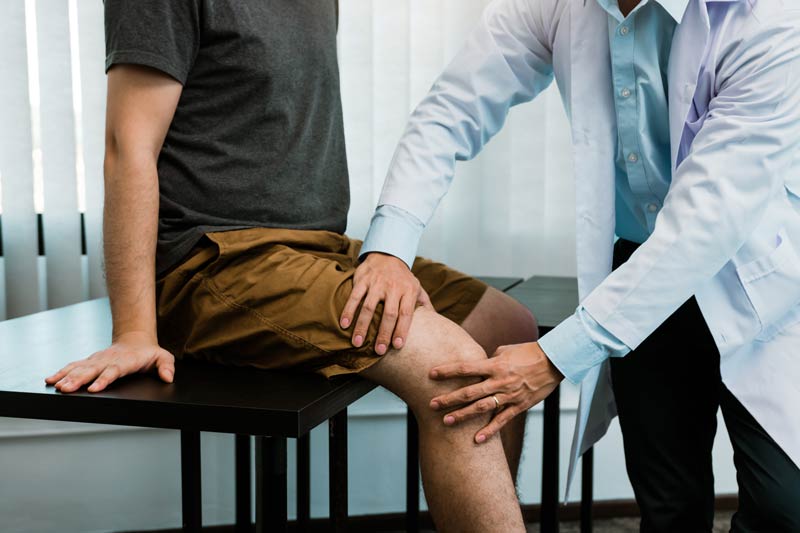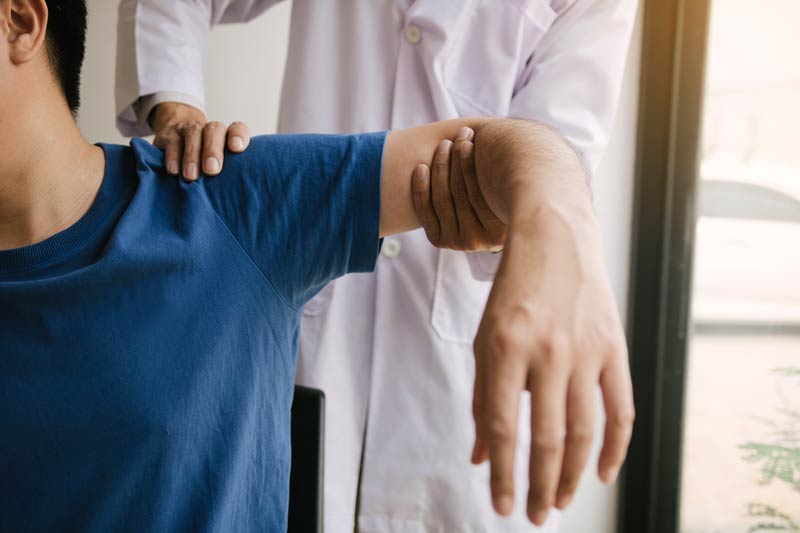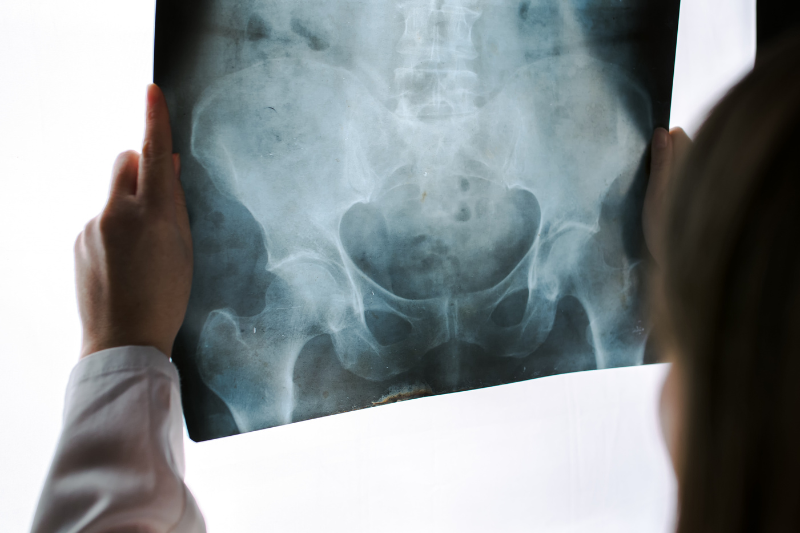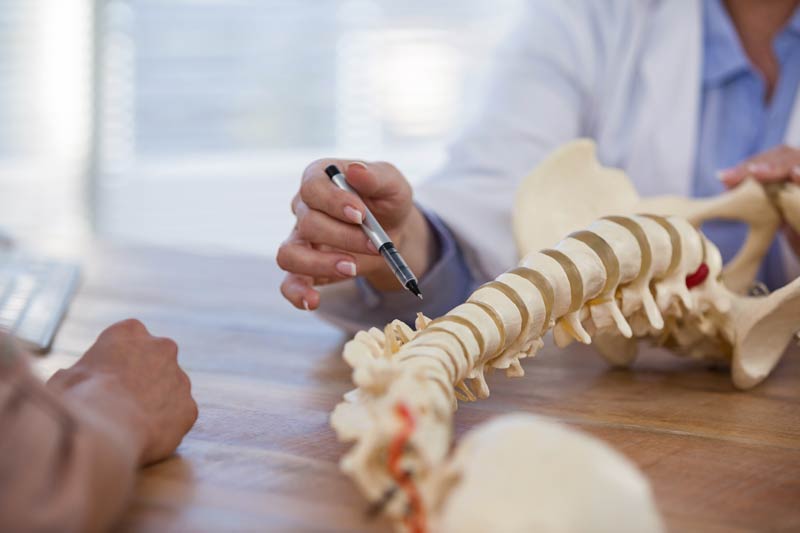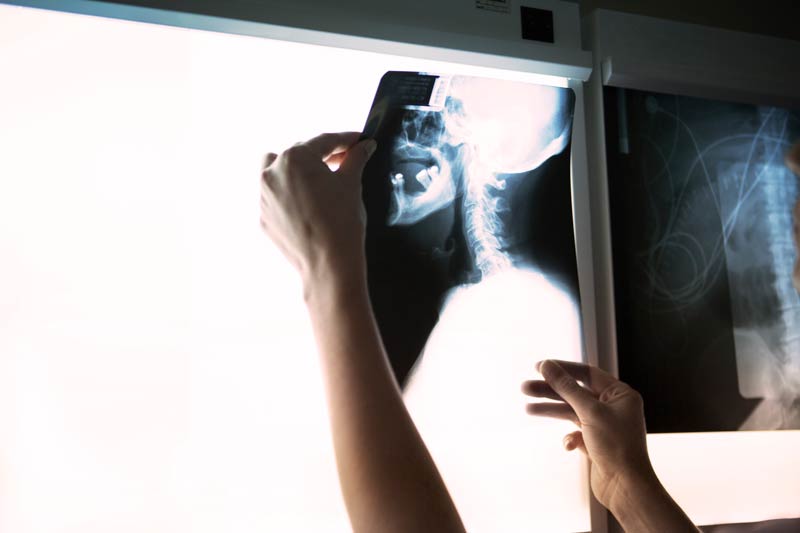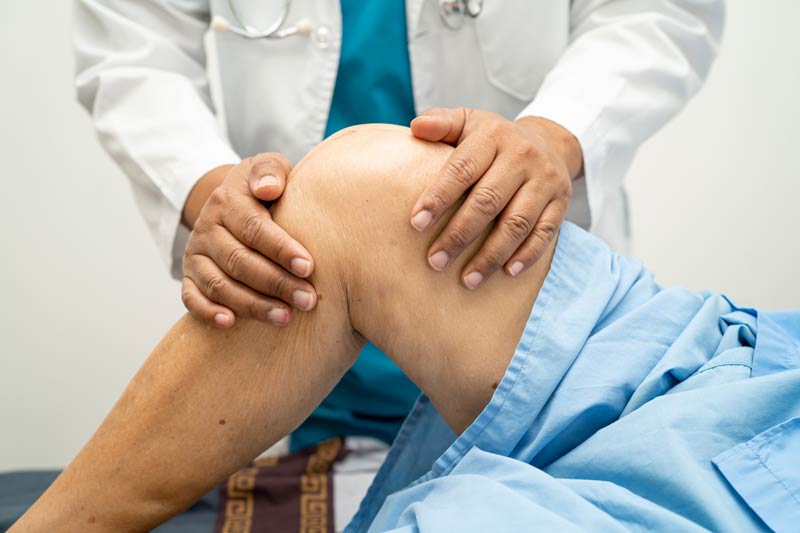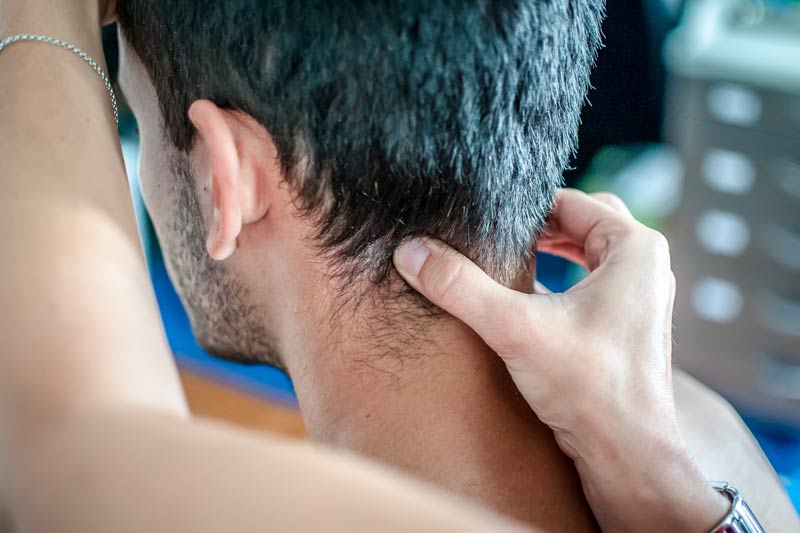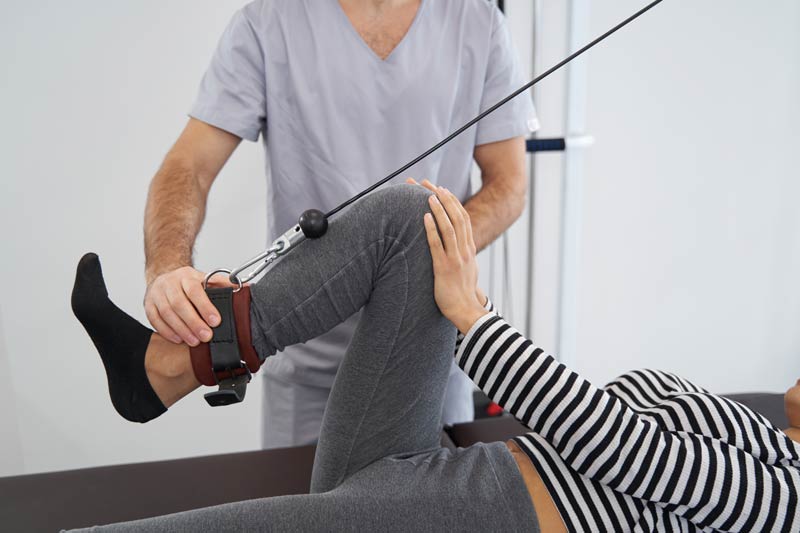Does my Knee Pain Need Orthopedic Care?
The knee is a complex part of your body, made up of a group of bones, ligaments, tendons and muscles that work together to enable mobility. When you consider just how much goes into just bending your knee, it’s understandable that knee pain is a common ailment for many people.
It may be time to visit one of our premier orthopedic specialists if you’re experiencing pain that persists for longer than one week, is worsening with time, significant or long term swelling and causes you to be unable to bear weight.
What Orthopedic Care is Available for Knee Pain?
There’s a variety of different forms of treatments and care available for knee pain, depending on the root cause and the location. First, your orthopedic surgeon will need to run diagnostic tests and assessments, but your treatment could include one of the following:
Meniscal Surgery – this is a common minimally invasive operation to remove or repair a torn piece of cartilage in the knee. The surgery takes about an hour, with a recovery time of a few weeks.
Knee Ligament Reconstruction – this could include a range of different kinds of surgeries depending on the ligament in need of help but typically it involves replacing the ligament with a piece of healthy tendon, and can take up to 6 months of recovery time.
Knee Joint Cartilage Restoration – this is a surgical technique to stimulate new growth of cartilage or transplanting cartilage. Recovery time is up to 8 weeks.
Knee Joint Realignment – this is carried out on patients experiencing a range of knee conditions, including arthritis and sports-related injuries. Recovery time is up to 12 weeks.
Tendon Repair – this is the surgical repair or reconstruction of the patella tendon after it has been damaged. Recovery can take up to 6 months.
Intra Articular Knee Injection – this is a non-operative treatment option, injecting hyaluronic acid into the knee joint to provide relief from pain caused by ailments like osteoarthritis. This is an outpatient procedure.
How is Orthopedic Care Performed?
How your specific orthopedic care is performed can and should vary greatly from other patients, because your diagnosis and treatment is based on your medical history, pre-existing medical conditions, symptoms and more. Your health care provider can help walk you through this, alongside any and all diagnostic procedures and tests they will need to run – such as a knee arthroscopy to see the knee joint, or the Anterior Drawer test to test knee mobility assisted by a physical therapist.
Get in touch with our team to discuss the specifics and have a custom treatment plan built for you.

What To Expect After Orthopedic Care
Similar to what was stated above, the exact details of what you should expect after your treatment plan concludes will vary depending on the condition you’re experiencing, the treatment you receive and the recovery period that follows.
This is a conversation that your orthopedic surgeon or specialist will have with you before any treatment takes place.
Frequently Asked Questions about Orthopedic Care For Knee Pain
1. What is the fastest way to relieve knee pain?
The fastest way to relieve your knee pain after a knee injury is to schedule an appointment at your soonest convenience with a doctor that can provide long term relief and treatment. In the meantime, apply ice, rest and watch for worsened pain and swelling.
2. What is the best doctor to see for knee pain?
Seeking a doctor for your knee pain is your best option for complete recovery. An orthopedic doctor should be your first choice, because they are experts in the musculoskeletal system—bones, joints, muscles, ligaments, tendons, and nerves.
3. How do you know if knee pain is serious?
If your pain has persisted for more than one week, even with rest and ice, then it is serious enough to warrant a doctor’s appointment.

